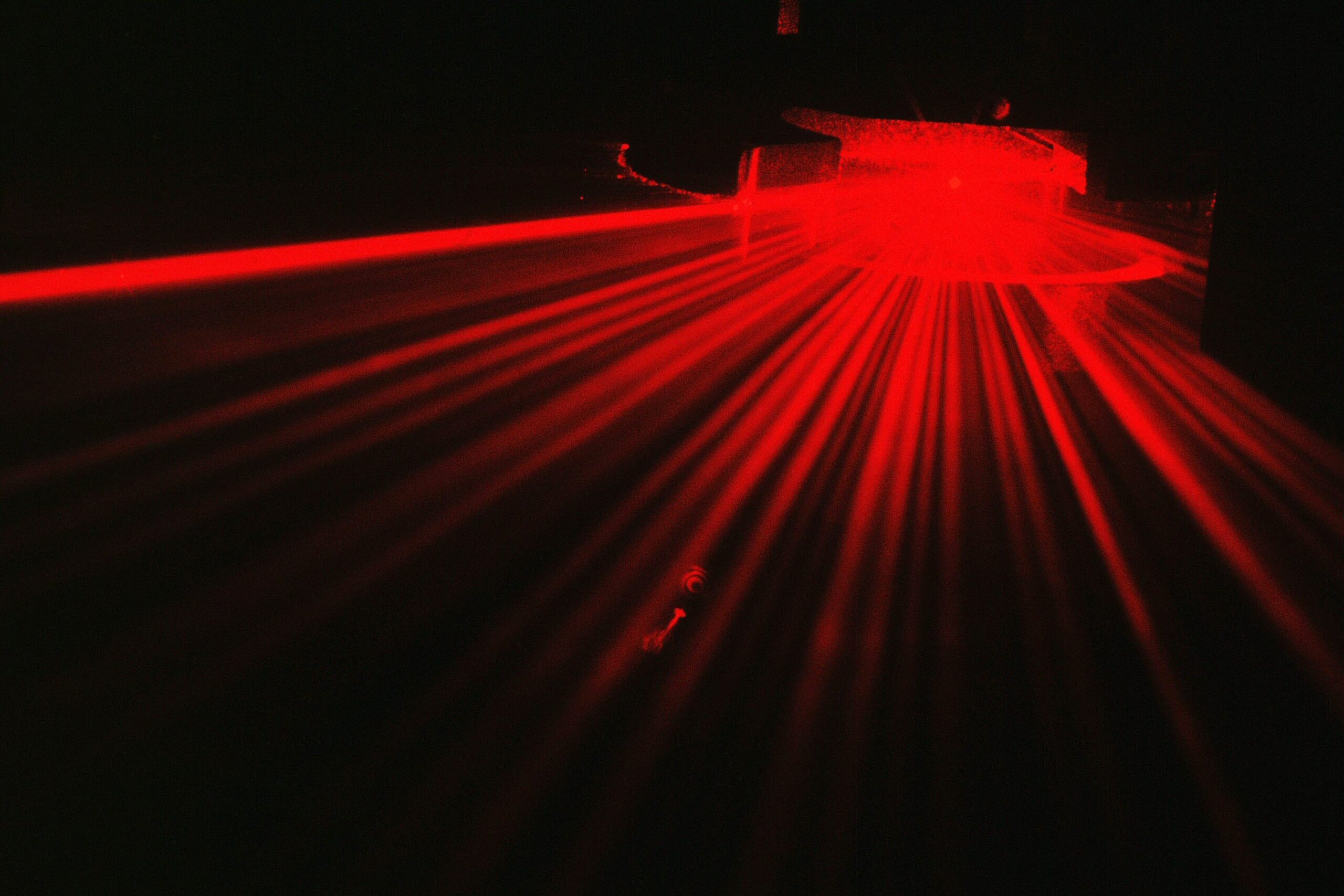Macromolecular Interactions Facility
Description and application fields
The Macromolecular Interactions (MacIn) Facility is a key Research Service of the University of Padua, housed in the Pharmaceutical and Pharmacological Sciences Department (DSF).
This Facility provides a wide range of instruments and resources for biophysical characterization, which allow the study of biophysical properties and the macromolecular interactions of peptides, proteins, oligomers (DNA and RNA) and other macromolecular systems, that are currently being investigated as drug delivery vehicles .
It is possible to measure, namely, size, shape, and surface charge, complex formation process, substrate affinity and thermal stability of many different macromolecular systems, such as micelles, vesicles, liposomes, polymersomes, nanoparticles and so on.
Instruments and Experties
Instrumental core Facility includes: two dynamic light scattering instruments (DLS); a microfluidic device to produce narrow-disperse lipid formulations; an isothermal titration (ITC) and a differential scanning (DSC) calorimetry; a spectrofluorometer; two circular dichroism spectropolarimeters; a surface plasmon resonance (SPR) biosensors based.
A staff of senior experts will provide training courses for students and researchers, and it will support academic collaborations and biotech commercial services.
Malvern Nano ZS and Ultra ZS [Geotec 00190 00 008 and Geotec 00240 00 045]
Nano ZS and Ultra ZS are two indispensable tools for those who work with soluble nanosystems. These instruments, by exploiting the Dynamic and Electrophoretic Light Scattering (DLS and ELS) phenomena, allow to determine the size, electrophoretic mobility, and surface charge of soluble and/or suspended nanosystems in solution, such as colloidal systems, proteins and nanoparticles. The measure range is between 2 and 1000 nm. They are tools of choice for the publication of dimensional data in the scientific publications of the Drug Delivery field.
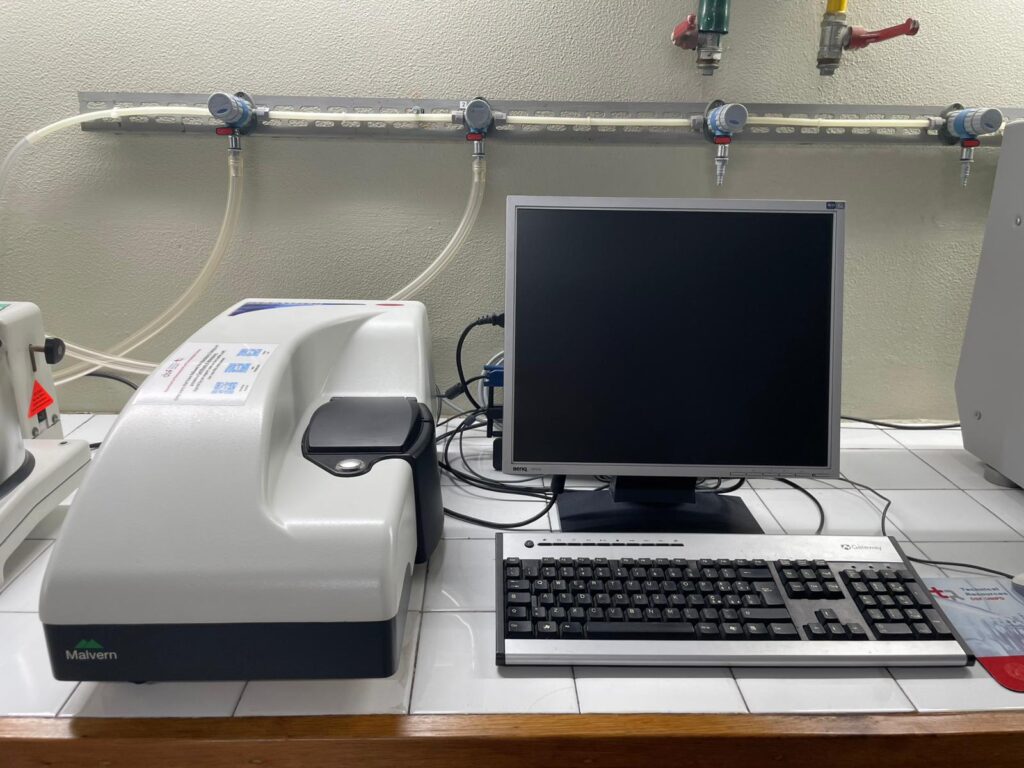

Precision Nanosystem NanoAssemblr BT [Geotec 00240 00 045 and Geotec 00190 00 008]
The NanoAssemblr BT is an innovative system that, through a continuous and controlled flow pumping system, exploits the microfluidics contained in a cartridge for the rapid production of soluble nanosystems and monodisperse colloids. A very intuitive and easy-to-use software allows, through the control of a few parameters, such as Total Flow Rate (TFR) and Flow Rate Ratio (FRR), to adjust the flow of solutions to obtain particles with precise dimensions and with an encapsulation efficiency that can be reproduced over time. Volumes from 1 to 15 mL can be processed.
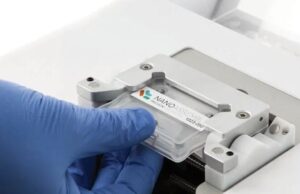
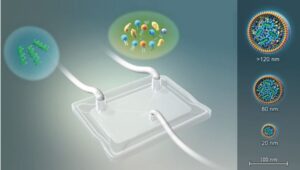

Malvern MicroCal VP-ITC [Geotec 00240 00 045]
The MicroCal VP-ITC is a powerful and sensitive, easy to use, isothermal calorimeter that allows you to perform calorimetric titrations in a precise and accurate way. It offers the possibility to study and measure the molecular interactions between peptides, proteins, antibodies, nucleic acids and many other biomolecules, defining the binding/unbinding constants of the experimental model.
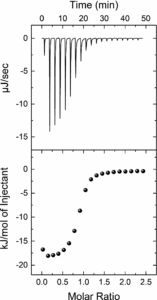
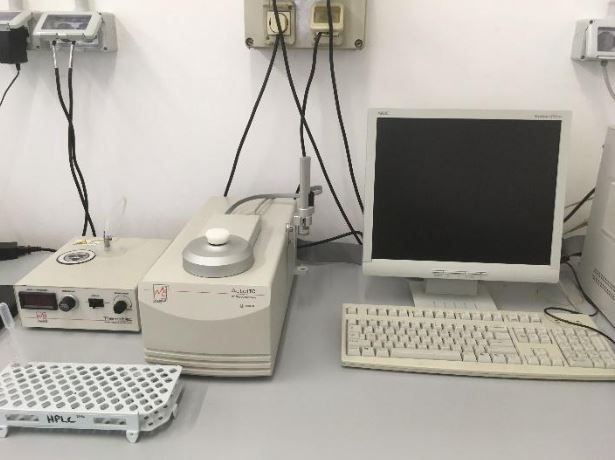
Malvern MicroCal VP-DSC [Geotec 00240 00 045]
Differential Scanning Calorimetry (DSC) is a powerful analytical tool to characterize the stability of proteins and other biomolecules. The VP-DSC microcalorimeter directly measures the enthalpy (ΔH) and the thermal transition temperature (Tm, transition midpoint) of structural transitions of biomolecules in solution and provides a “fingerprint” that can be used to characterize and evaluate their structural conformation, such as hydrophobic interactions, hydrogen bonds, conformational entropy, and chemical surroundings. These analyses are very lengthy, but they provide a complete thermodynamic profile of protein folding/unfolding process without labeling or the use of artificial probes, so molecules are studied in their native states.
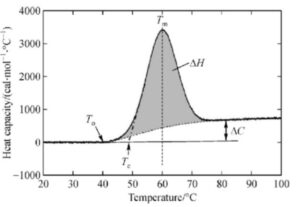
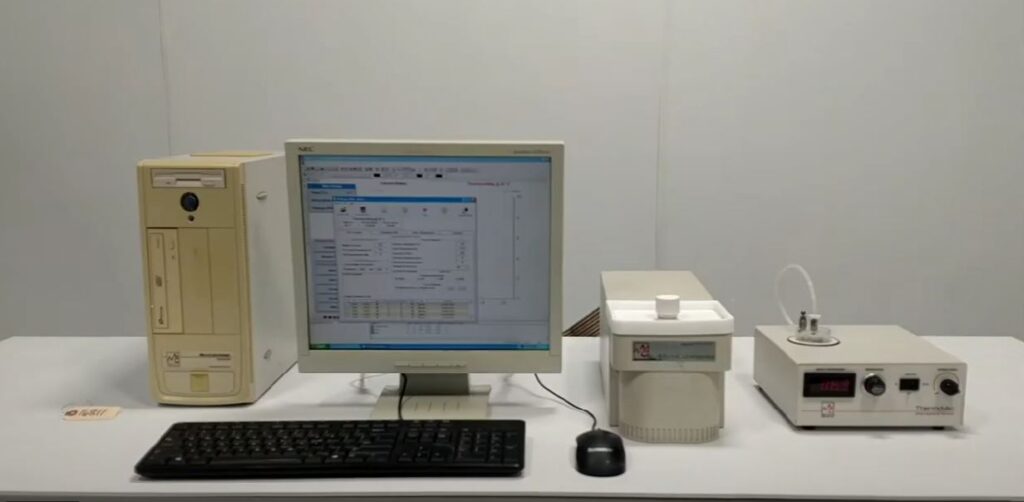
Jasco j-815 and J-810 Circular Dichroism Spectropolarimeters [Geotec 00240 00 020]
Circular dichroism (CD) spectroscopy has a wide range of applications in many different fields. It allows to measure the difference in the absorption of left-handed polarized light versus right-handed polarized light that arises due to structural asymmetry. The absence of regular structure results in zero CD intensity, while an ordered structure results in a spectrum that can contain both positive and negative signals. Most notably, CD Far-UV is a very useful technique to study the secondary structure of a large variety of biological chiral molecules and how their conformation changes using different environment, temperature or pH conditions or interacting with other molecules. The J-815 is thermostated instrument by using a Peltier System, the J-810 is the backup instrument without the Peltier System.
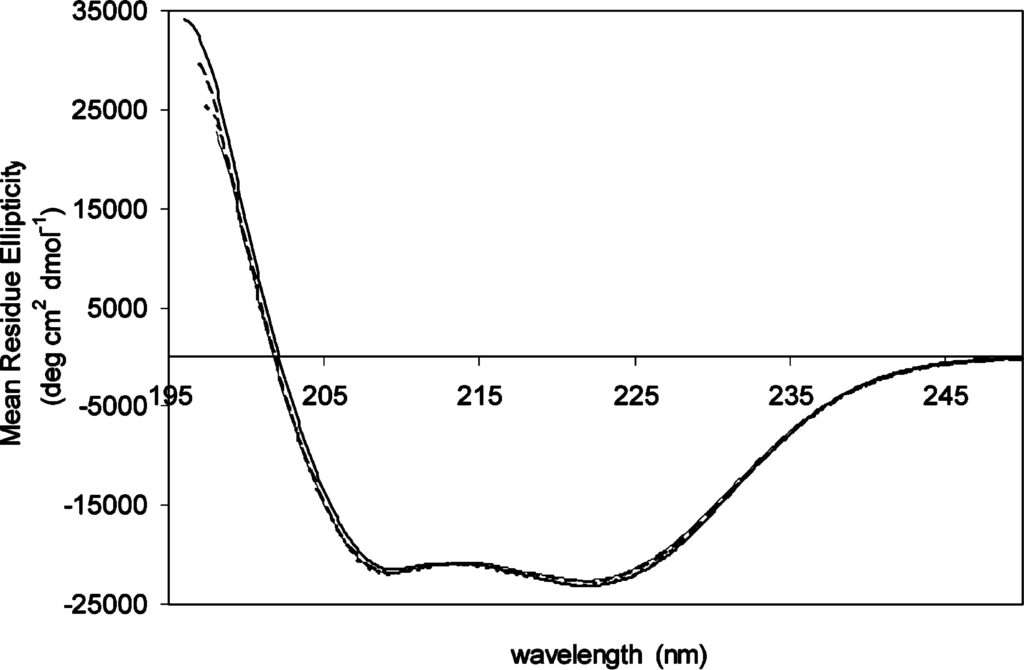

Jasco FP-6500 and FP-8250 Spectrofluorometers [Geotec 00190 00 008 and Geotec 00240 00 045]
These instruments can be used to measure the intrinsic fluorescence of a large variety of compounds in solution, namely small pharmaceutical molecules or peptides and protein or RNA/DNA. The spectrum range goes from 190 nm to 900 nm.
The presence of a Peltier system in the FP-6500 model allows to thermostat all the measures or to create ad hoc temperature ramps for the analyses.
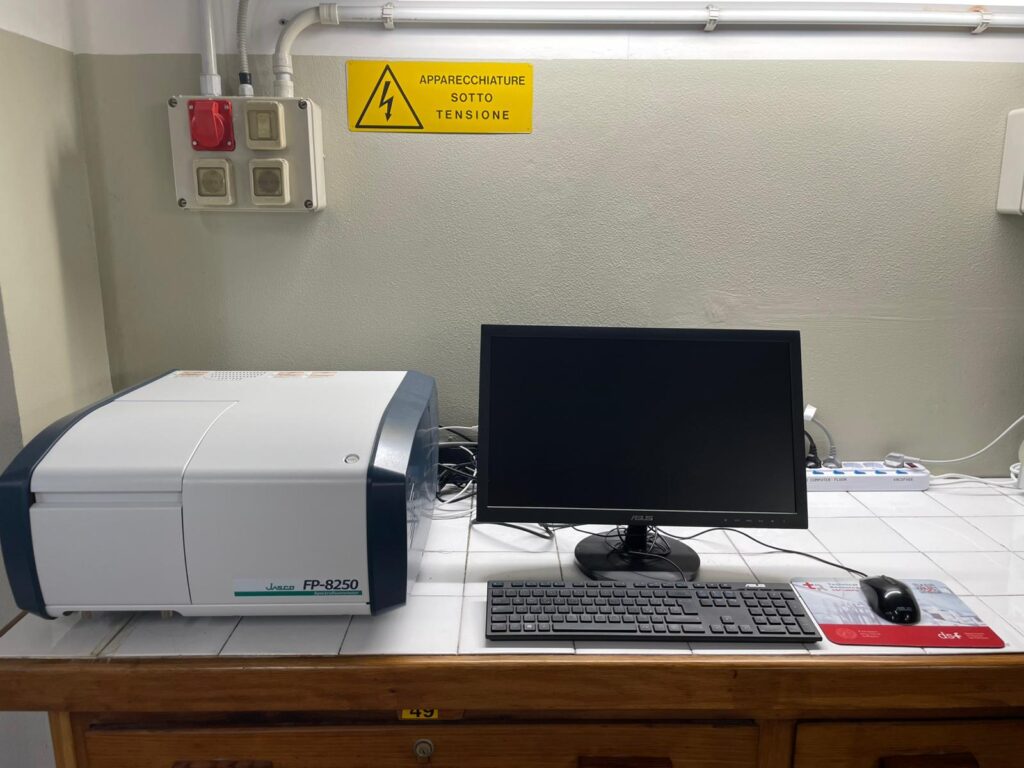

Training courses
Specific training courses for researchers will be held by the staff, to make them independent in sample preparations and data acquisition processes (Certificate of attendance).
How to book
All the researchers can reserve the instruments using the online booking system (http://147.162.61.199/) and log in with your DSF account.
Location
Pharmaceutical and Pharmacological Sciences Dept,
Via Marzolo, 5 – 35131 Padova – Italy
[Geotec 00240 00 045-019-020 and Geotec 00190 00 008]
Facility Staff
Sara Bersani, Ph.D. – sara.bersani@unipd.it
Phone Number: (+39) 049 827 5360
9:00 a.m. – 5:00 p.m.(from Mon to Fri)
Scientific Board and Research Supervisor
Prof. Gianfranco Pasut – gianfranco.pasut@unipd.it

